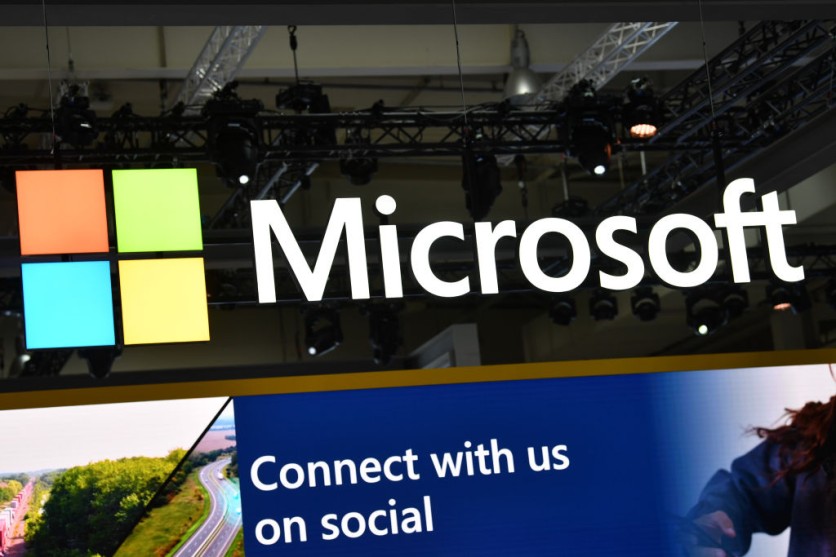TomTom, a company known for GPS platforms, has joined forces with Microsoft to launch generative artificial intelligence (AI) tools for the automotive market.

Microsoft, TomTom AI Automotive Assistant
Using Microsoft's AI advancements, TomTom has developed a fully integrated, AI-driven conversational automotive assistant designed to elevate voice interaction within infotainment, location search, and vehicle command systems.
This system allows drivers to engage in natural conversations with their vehicles, instructing the AI-powered assistant to navigate to specific locations, identify stops along the route, and vocally manage onboard systems, from adjusting temperature settings to opening windows or changing radio stations - all achieved through a single interaction.
The solution seamlessly incorporates Microsoft Azure OpenAI Service, capitalizing on expansive language models, alongside Azure Kubernetes Services, Azure Cosmos DB, and Azure Cognitive Services.
TomTom said this voice assistant seamlessly integrates into various automotive infotainment systems, expediting car manufacturers' time-to-market with a customizable interface.
They maintain control over branding and the overall driver experience. The solution is also integral to TomTom's Digital Cockpit, an open and modular in-vehicle infotainment platform.
Shared Vision of TomTom, Microsoft
Mike Schoofs, Chief Revenue Officer at TomTom, emphasized the collaborative vision with Microsoft to drive innovation in generative AI, providing customers with enhanced solutions. He underlined their commitment to transforming the in-vehicle experience, enabling drivers to make diverse requests with confidence in the system's ability to deliver.
"Together with Microsoft, our shared vision is to drive innovation with generative AI and provide our customers with even better solutions," TomTom Chief Revenue Officer Mike Schoofs said in a statement.
"Leveraging our navigation and technology expertise, we're creating a groundbreaking new way for people to interact with their vehicles. With both companies integrating what they do best into one solution, we're transforming the in-vehicle experience, enabling drivers to ask their car for anything and trust it will deliver," he added.
Dominik Wee, Corporate Vice President for Manufacturing and Mobility at Microsoft, saw this next generation of AI as an opportunity to accelerate innovation across the entire automotive sector.
By building on the longstanding collaboration with TomTom, the integration aims to leverage AI advances across the Microsoft Cloud, combining with TomTom's automotive expertise to furnish drivers and carmakers with new AI-powered tools.
Read Also : Google's Imagen 2 Raises the Bar in AI Image Generation, Unveils Multilingual Text and Logo Rendering
OEMs
This collaboration seeks to enable Original Equipment Manufacturers (OEMs) to offer distinct and unique cockpit experiences while preserving their individual brand identities. The partnership between TomTom and Microsoft has evolved over the years.
It started in 2016 when TomTom powered Azure Maps location services. Subsequently, the collaboration expanded to include mapping data and services for Microsoft's first-party maps.
In the statement, TomTom said the recent initiative concentrates on automotive solutions, highlighting innovation in generative AI-powered automobile tools. The company added that it also involves the collaborative development of an in-vehicle digital cockpit and infotainment solution integrated with cloud analytics.
Related Article : Microsoft Rolls Out 'Improved' Voice Access on Windows 11 Following Removal of Windows Speech Recognition

ⓒ 2026 TECHTIMES.com All rights reserved. Do not reproduce without permission.




